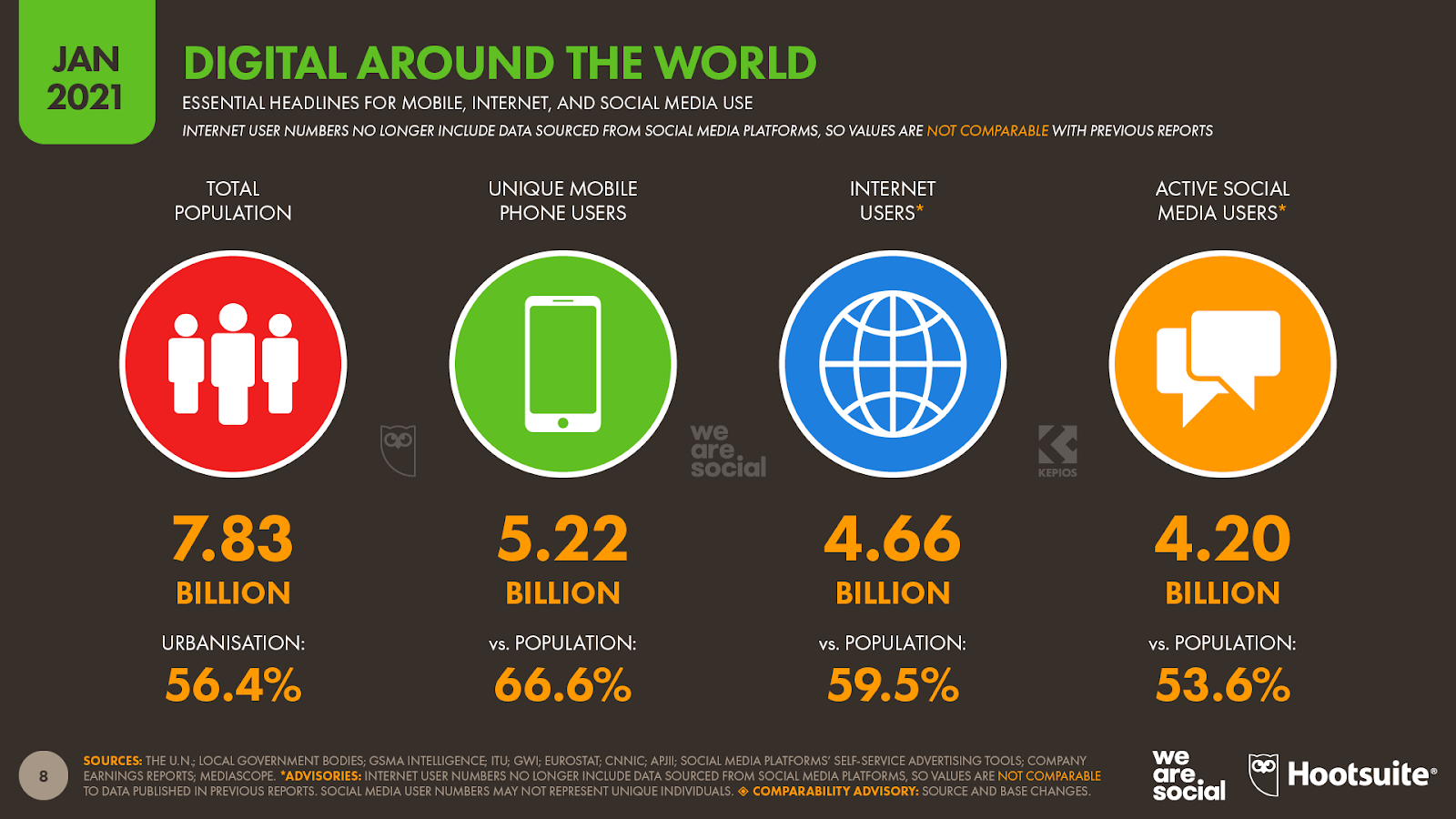Healthcare compliance training touches every part of post-acute care organizations. As regulations tighten and patient privacy standards […]
When it comes to home care referrals, there's no one-size-fits-all approach.
Each home care business is different and needs to find the referral sources that work best for them.
According to the 5th edition of the Private Duty Benchmarking Study released by the Home Care Association of America, the following were the top home care referral sources:
- 19.5% – Past and current clients and their loved ones
- 8.8% – Hospital discharge planners
- 7.1% – Medicare-certified home health agencies
- 5.9% – Skilled nursing facilities
- 5.7% – State Medicaid waiver programs
- 5.1% – Hospices
- 4.2% – Geriatric care managers
- 4.0% – Area Agency on Aging case managers
- 3.7% – Assisted living facilities
While there are many different ways to get clients for a home care agency, the method that consistently ranks #1 each year is referrals from past and current clients and their loved ones.
In this guide, we’ll highlight the best available referral sources for your home care agency to explore and help you build your referral program.
15 Referral Sources That Will Land Your Home Care Agency More Clients
In no particular order, here are 15 referral sources you could potentially tap into.
Referral source #1: Past and present clients
Reach out to satisfied (past and present) clients and ask if they know of any other people who could benefit from the services you provide.
Referral source #2: Local doctors’ offices
Make sure you promote your home care services by networking with local doctors and pharmacists in your community.
Approach your doctor’s office and explain how your home health care agency can supplement or complement government-funded programs.
Referral source #3: Financial/ estate planning professionals
Take the time to establish an exclusive arrangement with local financial and estate planning professionals who can refer clients. These arrangements are usually ten to twenty times more profitable than an average hospital referral.
First, these clients may require many hours of daily caregiver services over several years, and they can afford it. And second, as you have exclusivity, you’re not competing with other home care agencies.
Referral source #4: Long term care insurance providers
It’s well worth linking up with major long-term care insurance providers. However, unlike a financial service arrangement, these won’t be mutually exclusive.
Many home care agencies in your service area will be listed with the insurance companies. If you're smart, you can make sure that your agency gets more direct referrals.
First, ensure you’re providing the best quality caregiver services so that the insurance companies don’t get wind of any complaints.
Second, ensure you track referrals from insurance representatives and compile a list of their names and contact information for future marketing campaigns. Regular outreach to those contacts keeps your home care agency front and center.
Referral source #5: Facility discharge planners
If you’re looking to stand out from the crowd and earn more referrals, then you’ll want to cultivate relationships with your local hospital discharge planners.
Facility discharge planners have to ensure that their patients don’t end up back in the hospital in less than 30 days, or else they’ll get penalized.
They maintain a list of post-hospital care, including home health care, home care, and senior housing, in their area. Essentially they are gatekeepers as they advise patients and their families where to go next.
If you’ve built a relationship with your local discharge planners, shared your contact number, and have a record of top-quality care, then they’re going to refer you first.
Referral source #6: Residential care programs
Residential care homes are an alternative to traditional assisted living facilities that care for elderly or disabled individuals. Most of them provide standard caregiver services but not medical care or treatment. This is when your home health care agency can step in.
Search your local area for residential care homes, build a working relationship, and establish a referral system.
Referral source #7: Local senior events
Sponsoring and attending local senior events, like races and festivals, can be a fun and fruitful way to find clients. Get your name on the advertising leaflets and banners so that the local community knows about your home care agency.
Referral source #8: Join local and state home care organizations
Join local, state, and national organizations and pursue accreditations to demonstrate your agency's commitment to providing quality care. Then, promote your accomplishments in the local media to build your reputation in the community.
Referral source #9: Palliative care programs
Palliative care is a growing medical sub-specialty that promotes quality of life, patient outcomes, and cost savings.
But only half of palliative care programs in the country are affiliated with hospice companies, which means there’s another 50% up for grabs.
Palliative care programs offered through doctor’s offices, health networks, and other private practices most likely require a reputable home care agency as a partner.
If this sounds interesting, then you can join the Center to Advance Palliative Care (CAPC) as a preferred provider.
Referral source #10: Veterans benefits organizations
There are typically two forms of caregiver funding for America’s veterans from which home care agencies can get referrals.
“Aid & Attendance” is intended for veterans who served active duty during particular wars or “periods of conflict.” Eligibility is based on financial need, age, and physical condition.
Third party organizations that help veterans access the benefit usually contract directly with caregiver companies. They send referrals to preferred home care agency partners, and the services are funded through the Veterans Administration.
The “Homemaker Program” is the other caregiver funding and is implemented and managed by regional VA Hospitals. These programs vary by location, but caregiver service hours are limited. Eligibility is more flexible, and the VA Hospital acts as a direct payer.
Referral source #11: Complementary technology providers
Non-competing medical services can set up strategic partnerships that benefit both parties. For example, fall detection devices complement home care services.
The home care agency can offer the fall detection device to their clients as a value-add. Likewise, the technology provider can reciprocate by selling home care services to their clients.
Referral source #12: Independent living facilities
Offer to be a guest speaker at independent living facilities, such as assisted living or nursing and rehab facilities, so you can meet residents that may require additional personal and supportive care services not currently offered.
Referral source #13: Partner with competitors
If you're a non-medical home care agency, you could partner with skilled home health agencies to fill the gap in personal care and other support services.
Referral source #14: Social workers
Request that social workers keep your home care agency on file as a referral source when skilled care agencies are not appropriate.
Referral source #15: Industry lead sites and directories
Many families live hundreds of miles from their sick or elderly parents and research suitable home care services online. Therefore, it pays to list your home care agency on industry lead sites, such as Caring.com, SeniorAdvisor.com, and CareinHomes.com.
These sites usually get high rankings in the search results pages, and, as they are an independent source, consumers trust them. So, proactively source reviews for your agency on these directories.
Alternatively, you could purchase a featured listing on these sites, which would guarantee your business shows at the top of the list in your chosen service categories.
7 Tips for Building a Successful Home Care Referral Program
Having identified the best sources you can target, it’s time to build your home care referral program.
1. Create a referral packet
The key here is to make it as easy as possible for your referral partners to sell YOUR services to THEIR clients.
Take the time to gather some resources in one referral packet that helps you make a lasting impression and stand out from your competitors.
For instance, you could include the following in your referral packet:
- Your company story
- Services Sheet
- Third-party Satisfaction Reports
- Client and caregiver testimonials
- Service Area Map
- Awards you’ve earned
- Onboarding Process Sheet
- Team Bios
You could even consider including a one-liner in the packet that they can share with their clients. Your USP should capture WHY you are the best option or highlight why your programs/services are unique from other agencies.
2. Provide a mutually beneficial relationship
A mutually beneficial relationship should benefit both parties positively, which, in turn, encourages more partnerships going forward. Follow these guidelines:
- Understand what the referral sources need
- Provide information while respecting their time
- Create strong relationships through positive interactions
For instance, you could partner with a technology company to sell their products, like a fall detection device, to your clients in return for them selling your services to their clients.
3. Get to know referral sources on a personal level
Many home care agencies get referrals from hospitals or doctor’s offices, but they don’t personally know the doctors, caseworkers, or social workers making the referrals.
But they could get even more referrals by getting to know their sources on a personal level.
Instead of just knowing the hospital's name, doctor’s office, or medical center, you could get to know the person who is making the referral. By nurturing personal relationships, you’ll receive many more referrals in the future and demonstrate to the person that you're a trustworthy resource.
4. Send referral cards
A relatively low-cost and simple way to stay front-of-mind with your clients and offer some extra incentive to refer others is by sending referral cards.
Every 3-4 months, send them a referral card that offers them a service discount when they refer friends to your agency.
5. Connect with referral sources on social media
Social media continues to grow in popularity. The number of social media users is now equivalent to more than half of the world’s total population.
Even the over-65s admit to using Facebook.

Nonetheless, all generations are influenced by the facts and opinions shared on social media, so it makes sense for home health care agencies to build their presence on the various social channels and connect with social workers, physicians, and patients.
Over time, social media will influence home health consumers more and more.
6. Track referral sources
Like any marketing strategy, you need to track your performance. Benchmark your referrals now and then review them on a monthly and quarterly basis. Without keeping track, it’s almost impossible to measure the effectiveness of your referral sources.
Once you know which sources provide the highest number of QUALITY referrals, you can invest more time and resources into developing and scaling those channels.
Agencies that track the source of each inquiry are more likely to have higher revenues.
7. Join associations aligned with referral sources
Joining relevant associations not only allows you to extend your network, attend seminars, and stay up-to-date with the latest industry news but also allows you to speak at their events to demonstrate your expertise and build credibility. Plus, you can follow up with all the contacts you meet and build a stronger business relationship.
Focus on the Relationships
Whichever types of referral source you choose to build your home care agency, they all boil down to one thing, and that’s building relationships.
You can reach out and make as many initial contacts as you like, but you’ll only reap the benefits by nurturing those relationships so that you remain front and center of each contact’s mind when it comes to making a referral.
And remember, the best relationships work both ways, so don’t forget to give as much as you take.




